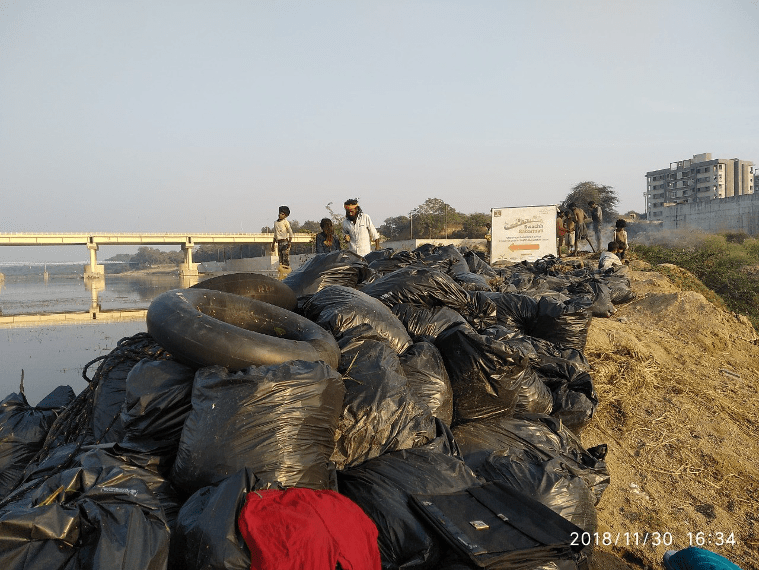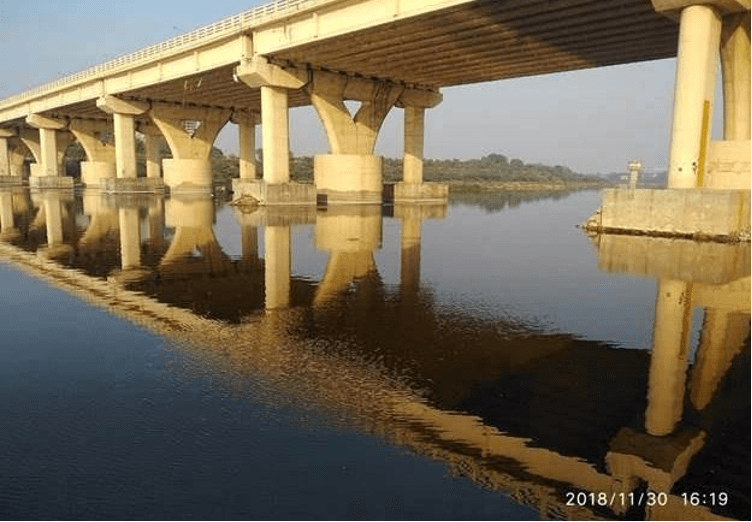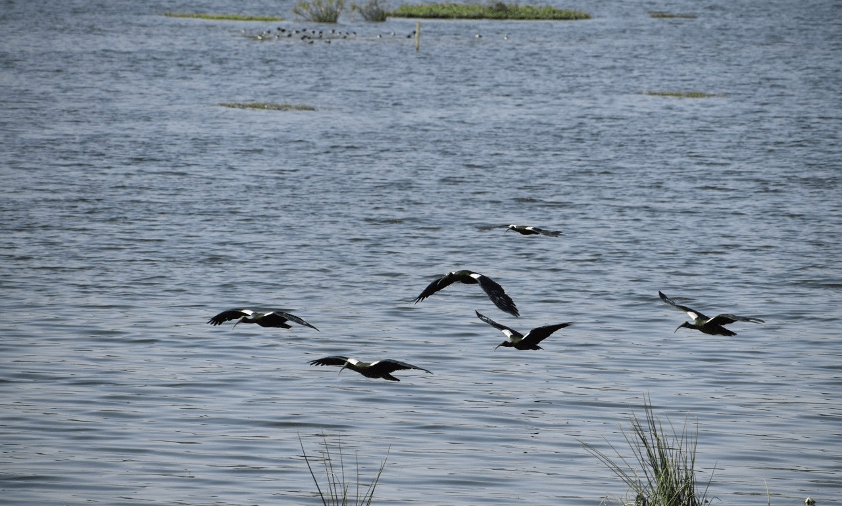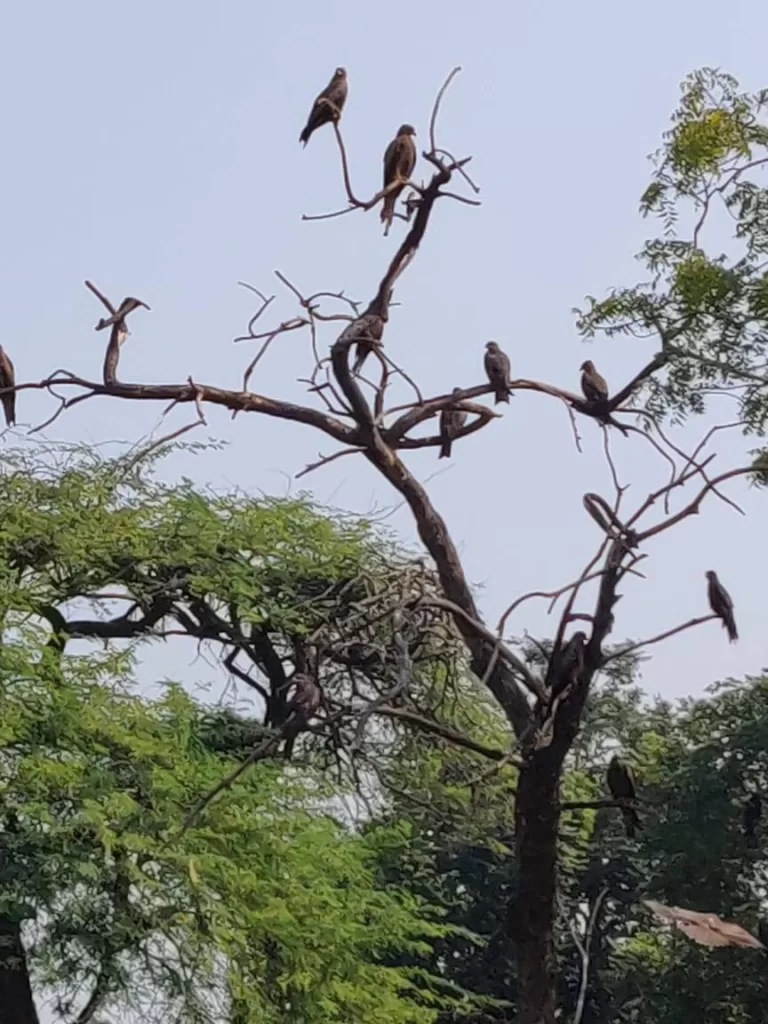Call Us
FCRA Registration
041910504
A Decade of Transformative Initiatives for Ocean Cleaning, River Rejuvenation and Environmental Sustainability
Swachh Sabarmati Abhiyan for Clean Environment
“Environment for all,Made clean Sabarmati Initiative a successful.The day you decide to pick up the garbage to clean the environment instead of turning away from it, you begin your conservation journey” – Dinesh Kumar Gautam (Founder – Drishti Foundation Trust)
Sabarmati, once home to Gandhi – The man who envisioned a free, clean and prosperous India is now just a lifeless river. We at DFT, are the true believers of his principles and intend to realise his dream of clean India and clean environment and hence, bringing the river back to life is our tribute to him.
I am happy to present the story of the Swachh Sabarmati clean-up for greener environment which was organised on 23rd October, 2018. Although controlling river pollution caused by municipal sewage or toxic industrial effluents may be the responsibility of local bodies or state agencies, we at DFT believe that it’s a collective responsibility of all to take care of the river streams which have been supporting numerous lives and livelihoods for ages. With the support of ONGC (Ahmedabad) – Our CSR partner, District administration (Ahmedabad), Irrigation Department (Ahmedabad), and Forest department (Ahmedabad) we started our year-long journey of cleaning river Sabarmati that resulted in the removal of around 600 tons of waste and restoration of biodiversity and cleaner and greener environment. The successful completion of the Swachh Sabarmati project is one of the major milestones in the journey of team


DFT which would always motivate us to continue our mission of working for a better tomorrow!
Project partners:
How life-line turned lethal
Sabarmati which is known as the lifeline of Ahmedabad and has been sustaining the lives of numerous people has turned lethal due to the toxins released by the human and industrial activities into the river stream. The untreated sewage along with the industrial effluent mixing into the stagnant river water has led to the decline in the water quality which has not only affected agricultural activities but also the communities dependent upon the river for life and livelihoods. The polluted water has been declared unfit for irrigation and human consumption due to the presence of E.Coli which is a bacteria present in the human and animal excreta. The harm isn’t limited to just the humans as the ecosystem around the river bank has been equally affected. The fishes and the birds which are generally found near the marsh have been migrating to other locations.
Human activities such as dumping cremation remains and disposing of the waste from the temples are the main causes that have affected the quality of the river water over the years. Besides waste dumping, in the river water, invasive plant species such as water hyacinths have led to a decrease in the O2 level of the river and water contamination to its highest level leaving the major portion of the river as a mass of floating debris, chemical discharge, and non-biodegradable waste such as plastics, wrappers, etc.

The clean-up has not only resulted in the rejuvenation of the river but has also restored the habitat and natural biodiversity around the area.
Around 600 tons of garbage was being removed from the river.
India’s rivers are the backbone of its civilization, but over the years, many of these water bodies have become severely polluted. At Drishti Foundation Trust, river rejuvenation is a critical priority. Our efforts include extensive cleaning and restoration of rivers to bring them back to life.
In one of our flagship initiatives, we undertook the massive Sabarmati River Cleaning Project in Gujarat. This initiative involved the removal of waste, restoration of natural water flow, and increasing public awareness regarding the importance of keeping rivers clean. Through a multi-stakeholder approach involving local communities, authorities, and environmental experts, we have successfully reduced the pollution levels of the river and restored its ecological balance. The Sabarmati River now stands as a symbol of revival, providing clean water and a healthier ecosystem to the communities around it.
Post-clean-up view of the river Sabarmati



Sujalam Sufalam Jal Sanchay Abhiyan
To support the Gujarat government’s efforts in making Gujarat a drought-free state under Sujalam Sufalam Jal Sanchay Abhiyan, in 2019, DFT with the support of ONGC had organised the clean-up of a river and a pond in the villages of Dholka,Ahmedabad and Gandhinagar Talluka adopted by it. After gifting a new life to the ponds DFT breathe in a new life into river Sabarmati – The life line of Ahmedabad through Swacch Sabarmati clean-up in association with ONGC. Around 600 tonnes of waste was removed from the river and around 130 bird species were restored.



Project Hathijan Biodiversity Park
DFT embarked on a journey of planting a million saplings with Ami thakkar (Group Landmark) at Hathijan biodiversity park where around 10,000 saplings were planted under #SankalpParyavaran
UN Decade of ecological restoration – To avert the climate crisis and restore the ecological balance and green environment within the next 10 years, DFT has initiated a series of projects and campaigns that would support the UN in its efforts towards conservation, restoration and creating awareness about them through projects such as:
Mission Million Trees – DFT embarked on a journey of planting a million saplings with Ami Thakkar (Landmark Honda) at Hathijan biodiversity park where around 28,200 saplings were planted under #SankalpParyavaran for green environment.
Kanbha Pond Restoration –
Plantation at Adalaj
Plantation at Hathijan
Plantation at Ahmedabad cantonment
Plantation at Kanbha
Plantation at STP, Pirana
Plantation at Jodhpur
Medicinal Garden
Plantation with Bennett Coleman
& Co. Ltd.
Plantation with IndusInd bank
Plantation with PWC
Plantation with Amity University
Plantation with Deloitte
Plantation with GMPB
Plantation with Piramal Pharma
Plantation with Railway police at the railway colony
Plantation with Ahmedabad police at Vatva
Vulture Café at Pirana
What started as a café with a few hesitant visitors is now a busy restaurant with more than around 80 – 100 repeat visitors. DFT vulture cafés are built on trees where the birds can alight and food can be served. The menu includes the cattle carcasses and other animal carcasses which are Diclofenac free. My curiosity for the birds and the love for photographing them led me to this spot flocked by rare vultures and a variety of birds found swirling over a tree. On my next visit to the Vasna Barej, I came to know that it was a vulture café maintained by DFT said Rohan, a bird enthusiast and a budding wildlife photographer, is seen frequenting to DFT vulture café and paying to feed the vultures.
The vulture café, is maintained by Preet (DFT appointed care taker) –a local of the village who brings the carcasses of the animals from the village or from the road mishaps to be hung on the branches. “Sometimes people pay me to feed the vultures. This has not only increased the no. of vultures and eagles at the spot but has also increased the no. of other rare bird species which are otherwise falling prey to the road accidents and toxic chemicals in their food chain” for the better environment and ecosystem.
The spot for the café was chosen after a survey done to locate the most frequented place by the birds. You can visit DFT vulture café if bird spotting or photographing them interests you. To visit the bird watcher’s paradise, call us or WhatsApp us at 9873522666.
India is prone to natural disasters such as floods, cyclones, and droughts, which often leave communities devastated. Drishti Foundation Trust plays an active role in disaster management and relief efforts, providing immediate assistance to affected areas while working towards long-term recovery and resilience.
Our disaster relief efforts include providing essential supplies such as food, water, medical care, and shelter to communities affected by natural disasters. We have established a network of volunteers and partners who respond swiftly in the wake of disasters to offer assistance where it is needed most. Our disaster relief efforts have helped countless individuals rebuild their lives after devastating events.
Beyond immediate relief, we are committed to long-term rehabilitation efforts. We work with communities to rebuild homes, restore livelihoods, and strengthen infrastructure to ensure they are better prepared for future disasters. By providing training on disaster preparedness and risk reduction, we help communities build resilience and minimize the impact of future disasters.
Ecosystem and biodiversity conservation are essential to maintaining the delicate balance of nature. Drishti Foundation Trust is dedicated to protecting and restoring ecosystems to support biodiversity and enhance the quality of life for both humans and wildlife.
One of our key initiatives is the protection of indigenous species, both flora and fauna, to maintain ecological balance. We have undertaken several projects aimed at protecting and propagating species native to different regions of India, helping to ensure their survival in the face of environmental degradation and climate change.
We also run community-based conservation programs, engaging local populations in the protection of their natural resources. These programs emphasise the importance of sustainable living and promote practices that reduce the negative impact on the environment while supporting biodiversity.
Marine ecosystems are vital for maintaining global biodiversity, but they are increasingly threatened by pollution. Drishti Foundation Trust has extended its efforts to ocean cleaning, particularly in the coastal areas of India. We have partnered with local communities and environmental organizations to remove plastic and other pollutants from the oceans, safeguarding marine life and promoting sustainable practices among fishermen and coastal dwellers.
With regular beach clean-up drives, we have mobilised volunteers to remove tons of plastic waste from India’s beaches, ensuring cleaner oceans. This not only contributes to the health of marine ecosystems but also prevents the harmful effects of microplastics from entering the food chain, thus protecting human health as well.
Contact us to explore collaboration opportunities, learn more about our initiatives, or contribute towards making a difference that truly matters.
Facebook: https://www.facebook.com/DrishtiFoundationTrust/
Instagram : https://www.instagram.com/drishtifoundation
Youtube : https://www.youtube.com/drishtifoundationtrust
Twitter : https://www.twitter.com/dftindia
LinkedIn : https://www.linkedin.com/company/drishtifoundationtrust